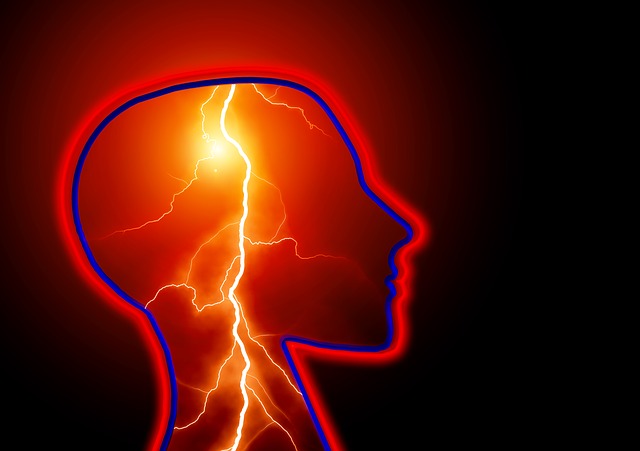What are the warning signs of epilepsy?

Epilepsy is a neurological disorder that affects the brain. The seizures caused by epilepsy can be sudden and unpredictable and can cause damage to the brain. Epilepsy can be treated with medications, surgery, or psychological therapies.
There is no known cure for epilepsy, but treatments help control the seizures and improve the quality of life for people with the disorder. Epilepsy is a common chronic neurological disorder that affects 1% of the population. It is characterized by unpredictable seizures and can cause brain damage.
What is Epilepsy?
Epilepsy is a neurological disorder. It is characterized by recurrent seizures. There are many different types of seizures, and epilepsy can be caused by many different things. The most common type of seizure is a convulsion, but there are also non-convulsive seizures. Epilepsy can be treated with medication, surgery, or sometimes both.
Types of Epilepsy
There are three main types of epilepsy: ictal, tonic-clonic, and partial. Ictal epileptic seizures happen when a patient is in a state of wakefulness. These seizures can cause temporary confusion, unusual feelings or smells, an aura (a sense that something bad is about to happen), or convulsions.
Ictal epileptic seizures are the most common type of seizure and can happen in any part of the brain. Tonic-clonic epileptic seizures are characterized by stiffening muscles followed by jerking movements and loss of consciousness for a few minutes. These are also known as grand mal seizures. They can last from 30 seconds to two minutes and may occur as often as 100 times per day, making them the most common type of seizure.
Partial epileptic seizures affect only one part of the brain. These seizures can cause unusual sensations, blurred vision, hand or arm movements without the person’s awareness, and unsteadiness. Many people have both tonic-clonic and partial seizures.
What are the Warning Signs of Epilepsy?
The warning signs of epilepsy can be different for everyone. The following are some of the warning signs that may indicate that someone has epilepsy:
- The person has had more than one seizure
- The person loses consciousness during a seizure
- The person’s movements are jerky or uncoordinated
- There is a family history of epilepsy
- There is a history of childhood or other seizures If someone notices these signs, it’s important to contact a doctor.
Also, there are many warning signs of epilepsy that can help you to identify if someone is having a seizure. Some of the most common symptoms include confusion, loss of consciousness, jerking movements of the body, and staring into space. If someone is having a seizure, it’s important to stay calm and keep them safe until the seizure passes. It’s also important to seek medical attention after a seizure has occurred in order to determine if the individual has epilepsy and to get further treatment if necessary.
What are the possible complications of epilepsy?
Falls – A person with epilepsy is at risk for falls, especially if they have a seizure while standing or walking. So it’s always recommended to use epc wheelchairs for epilepsy patients.
Traffic Accidents – A person with epilepsy is at risk for traffic accidents if they have a seizure while driving or riding in a car.
Drowning – People with epilepsy are at risk of drowning if they have a seizure while swimming or bathing.
What are the possible complications of epilepsy?
Injuries from seizures – Seizures can cause injuries if the person falls down, hits their head, or has another type of accident.
How is epilepsy treated?
The goal of epilepsy treatment is to control seizures and improve quality of life. This may require a combination of treatments, including medications, surgery, and lifestyle changes.
The type of epilepsy treatment depends on the cause of the seizures and the severity of the disorder. Some common treatments include antiepileptic drugs (AEDs), surgery, a ketogenic diet, and vague nerve stimulation (VNS).
One common treatment for epilepsy is medication. There are many different types of medications that can help control seizures, and your doctor will work with you to find the best medication for you. You may need to try several different medications before finding one that works well for you.
If medication does not help control your seizures, you may need surgery. Surgery can be used to treat focal epilepsies, which are epilepsies that occur in one part of the brain.
Conclusion
In conclusion, epilepsy is a serious neurological disorder that can cause seizures. There are many warning signs of epilepsy, which can include changes in mood or behavior, dizziness, and changes in vision. If you experience any of these warning signs, it is important to see a doctor right away.